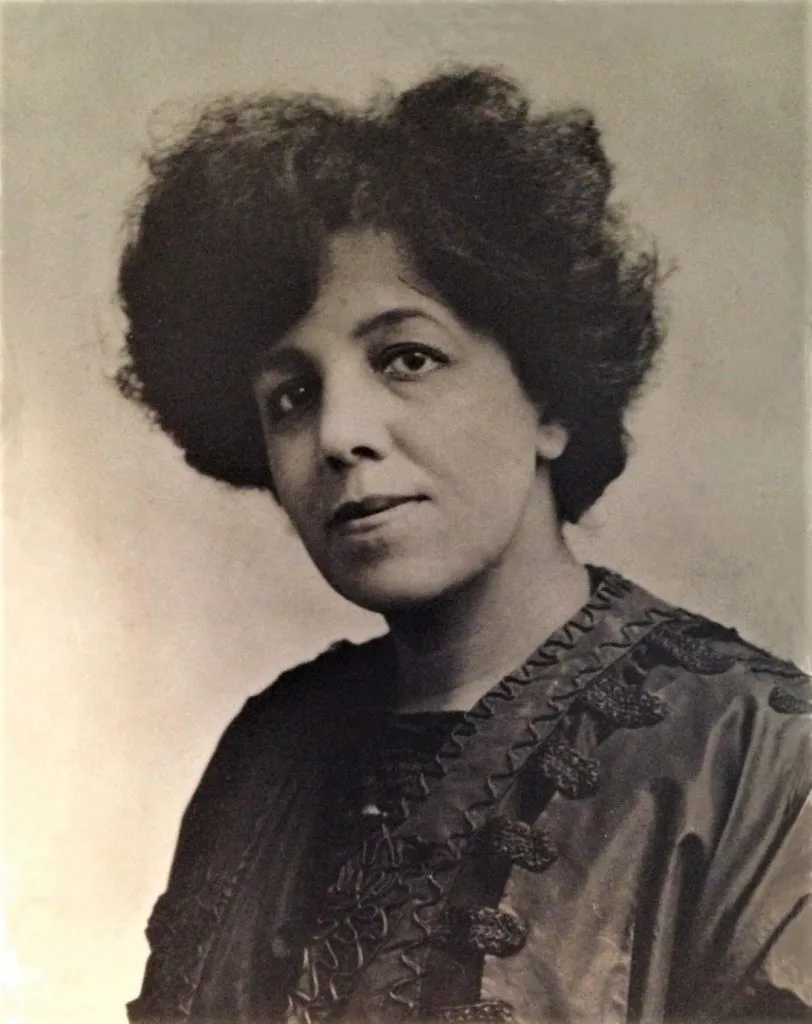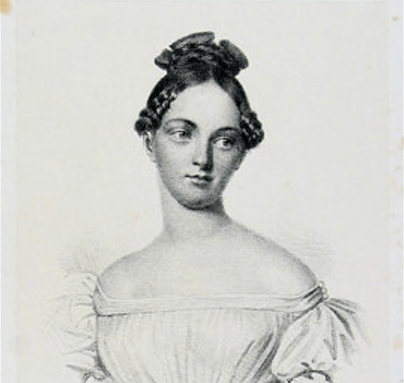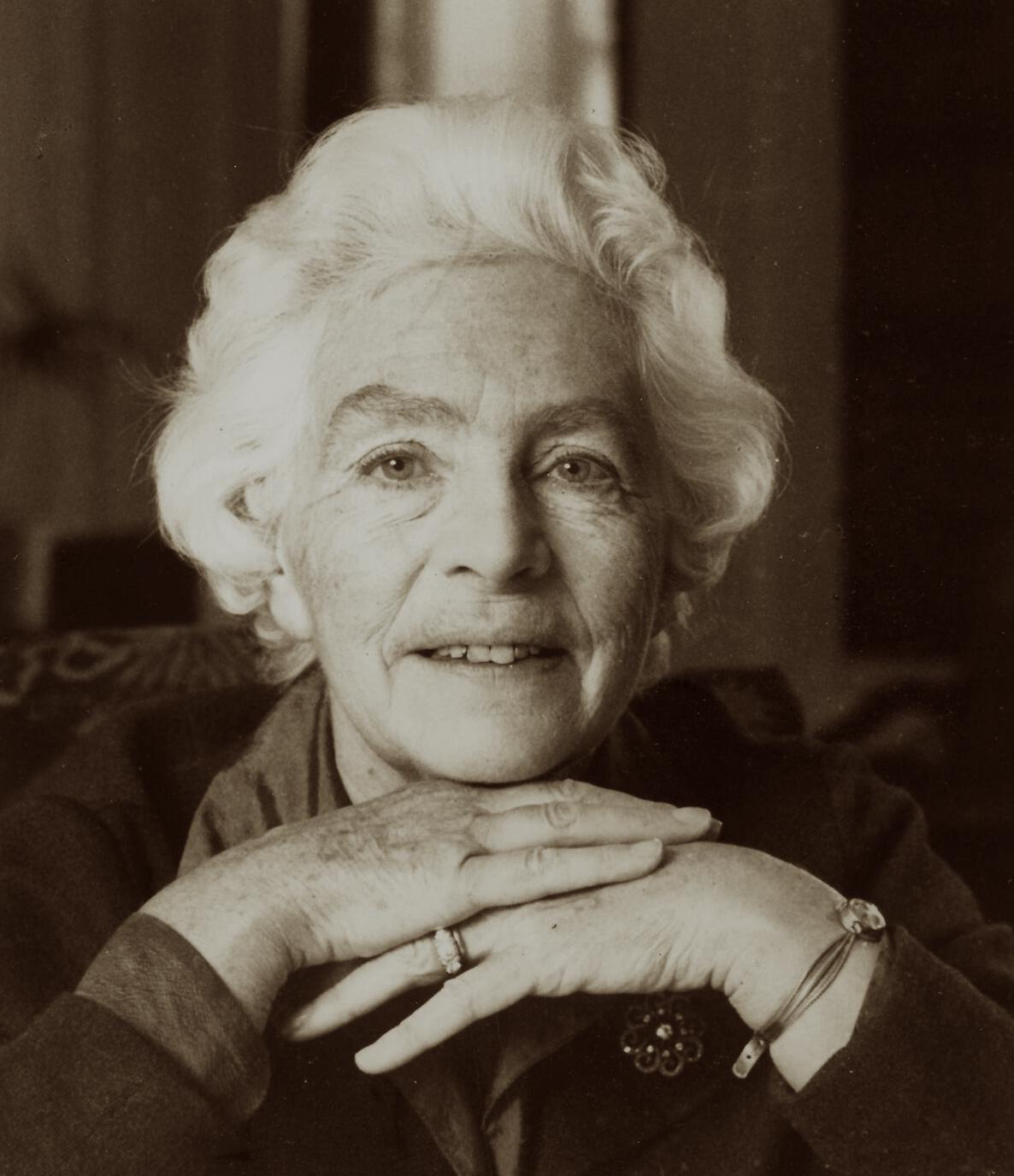Amanda Aldridge was a British singer, pianist, composer, and teacher. Her father, the celebrated Shakespearean actor Ira Aldridge, died when Amanda was a little over a year old, so it was her mother, the Swedish singer Amanda Brandt, who fostered Amanda’s musical talents, as well as those of her two sisters and two brothers.
Aldridge studied voice at the Royal College of Music with the famed Swedish soprano Jenny Lind and went on to have a successful career a contralto—until a severe case of laryngitis irreparably damaged her throat. She turned tragedy into opportunity, devoting her efforts to teaching a composing, and it is here where she truly made her mark.
She became a sought-after vocal coach who worked with many world-renowned African-American singers, such as the bass-baritone Paul Robeson, the tenor Roland Hayes, and the contralto Marian Anderson; in this way she played a crucial role in supporting the next generation of fellow Black classical musicians. She also established herself as a talented and versatile composer. Her output—published under the name Montague Ring—consists primarily of “parlor music,” piano pieces and songs designed to be performed in living rooms, usually by amateur musicians. Yet her works are hardly simplistic or unsophisticated. They are full of harmonic richness and rhythmic vitality, and they deftly blend classical, popular, and folk styles. Aldridge stopped publishing music around 1925, but she continued to teach well into her later years. At age eighty-seven, when she was still taking a daily 40-minute bus ride into central London to teach her students, she said, ”Life without music would be unbearable. I cannot keep still.”
Aldridge’s music is little-known today (even if Google did celebrate her with a Doodle on June 17, 2022). Her songs are seldom performed, and they have never been collected in a single modern edition. One hopes that performers and scholars will take up the task of championing this composer who has been neglected for far too long.
Additional Resources
- Fuller, Sophie. “Aldridge, Amanda Ira.” Grove Music Online, edited by Deane Root.
- Bourne, Stephen. “Aldridge, Amanda Christina Elizabeth [pseud. Montague Ring].” Oxford Dictionary of National Biography (online edition). Oxford University Press.
- Hammond, Patricia. She Wrote the Songs: Unsung Women of Sheet Music. Valley Press, 2018. [Hammond’s book explores parlor songs by women songwriters of the Victorian era, including not only Amanda Aldridge, but also Liza Lehmann, Amy Woodforde-Finden, Carrie Jacobs-Bond, and Avril Coleridge-Taylor, among others.]
- Hammond, Patricia. “The Story of Amanda Aldridge, aka ‘Montague Ring.” YouTube video, June 22, 2019.
- Pentreath, Rosie. “Google celebrates legendary British composer and opera singer, Amanda Aldridge, with Doodle.” Classic fM, June 20, 2022.




